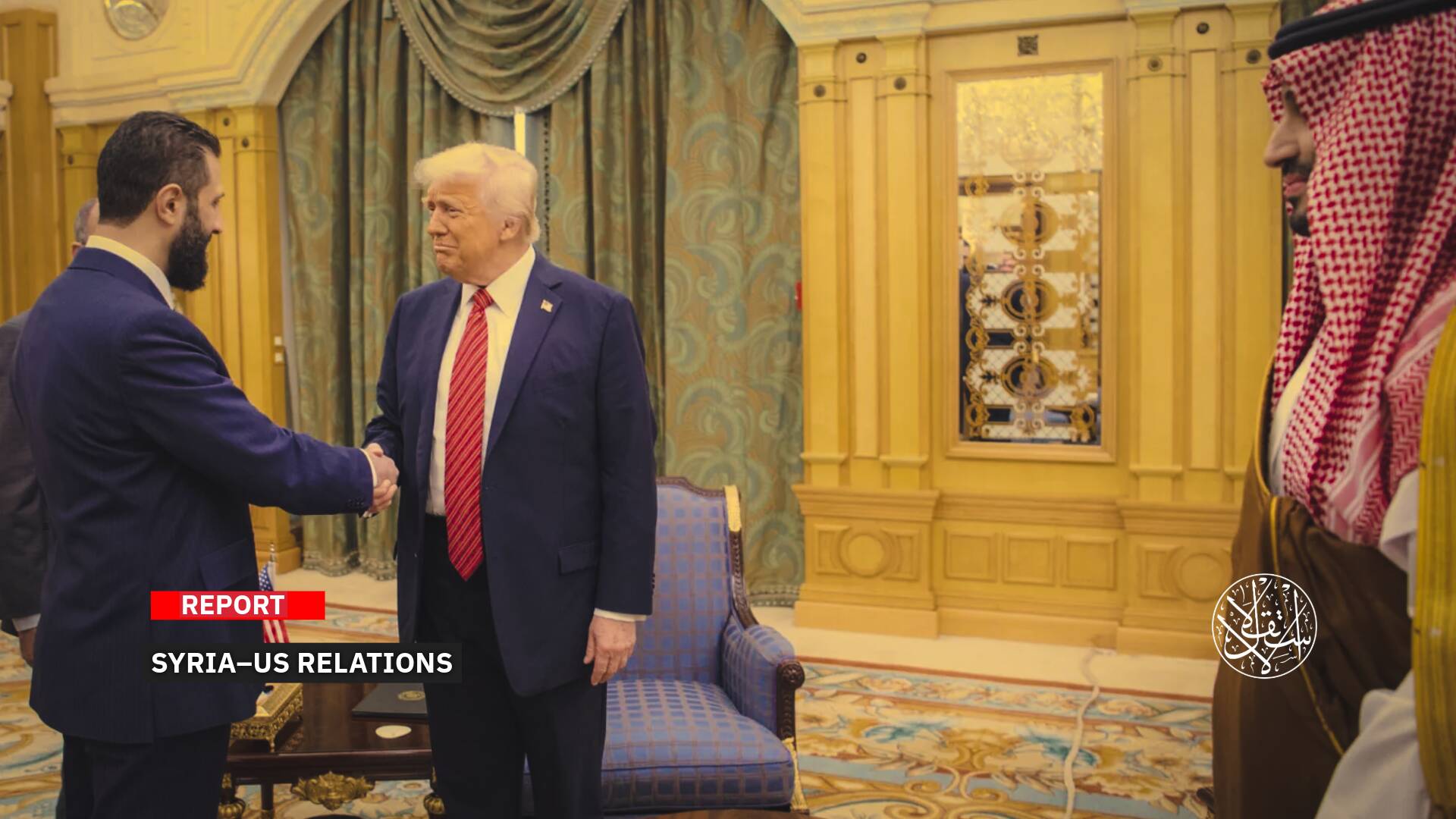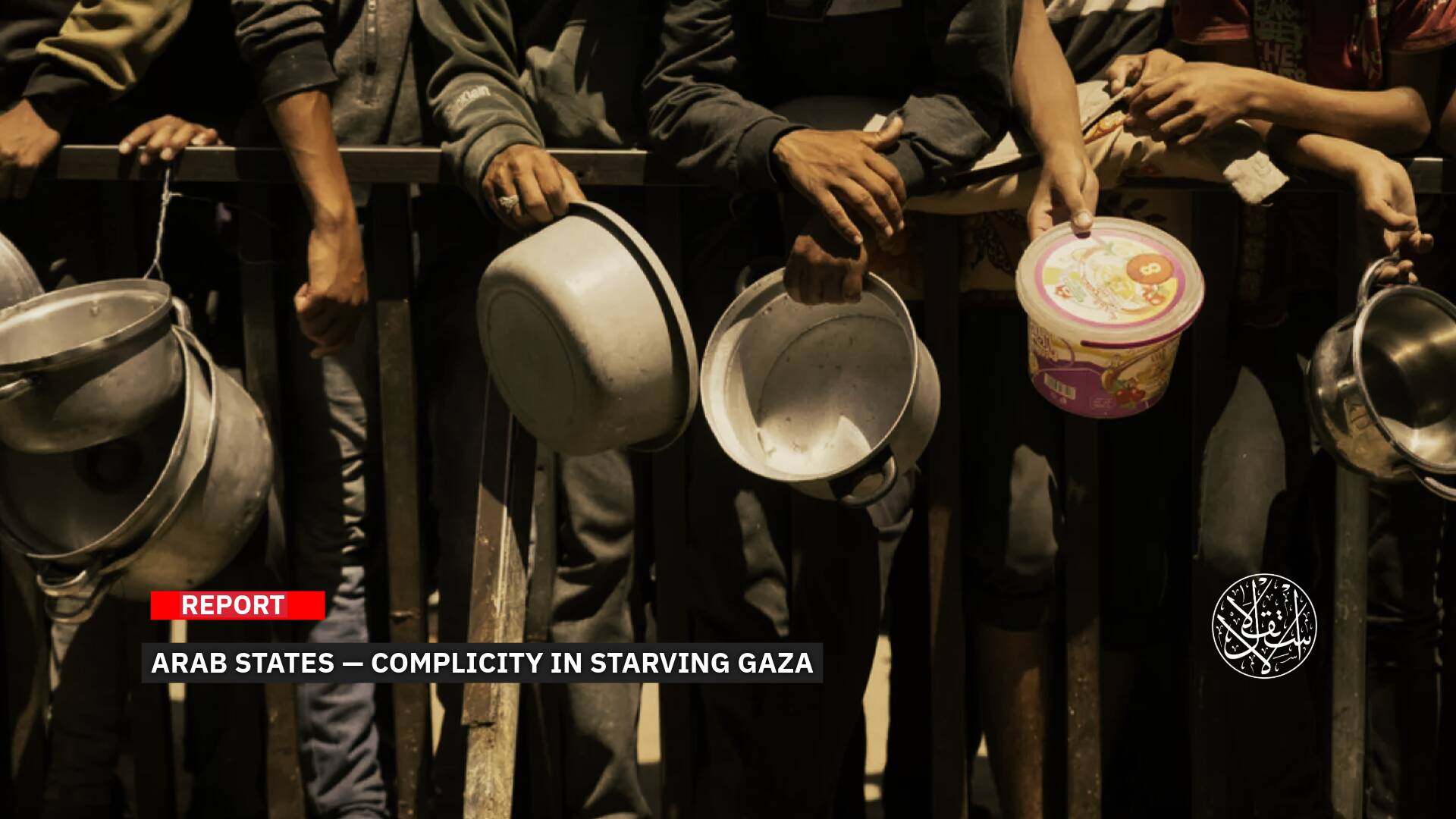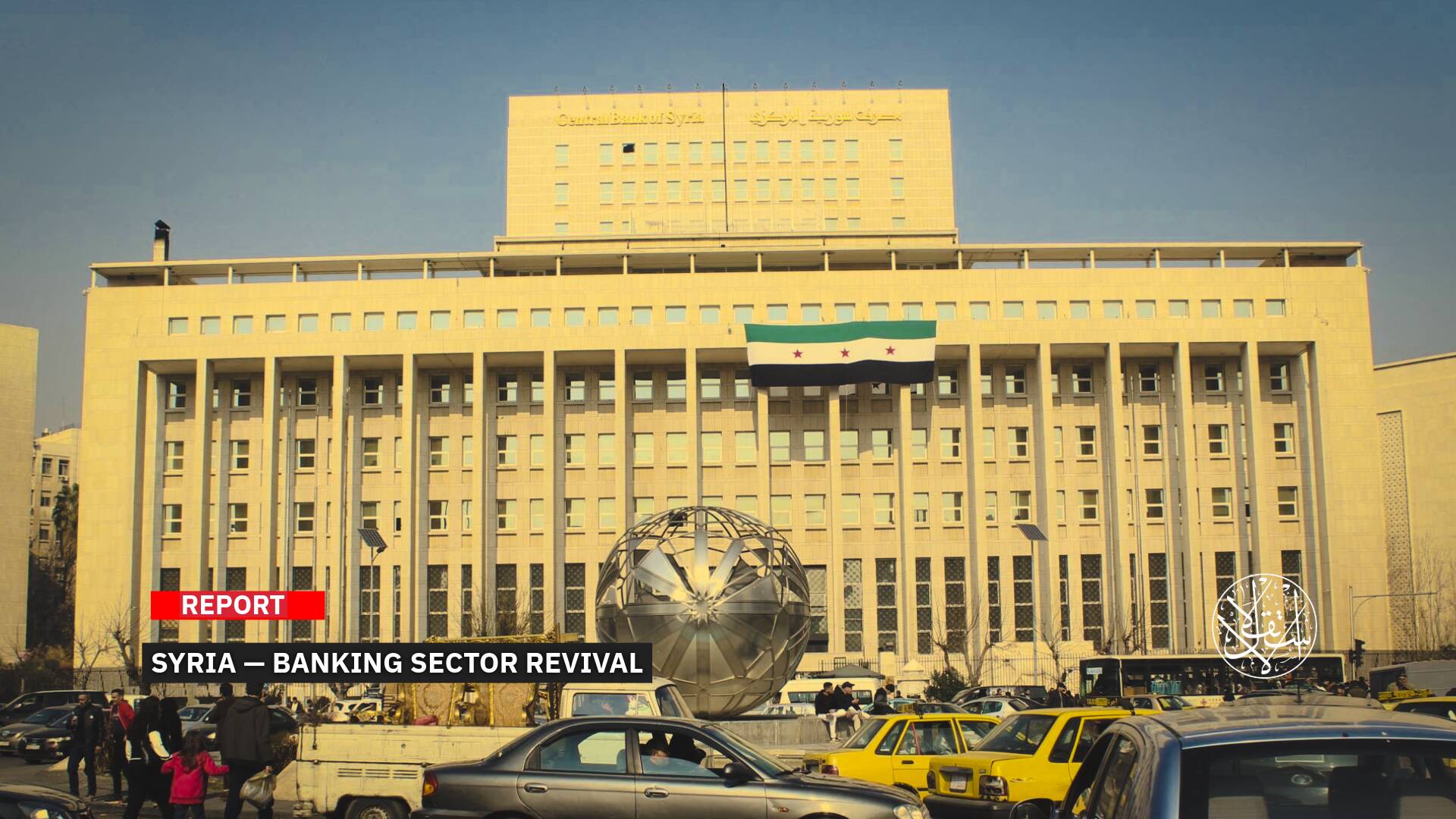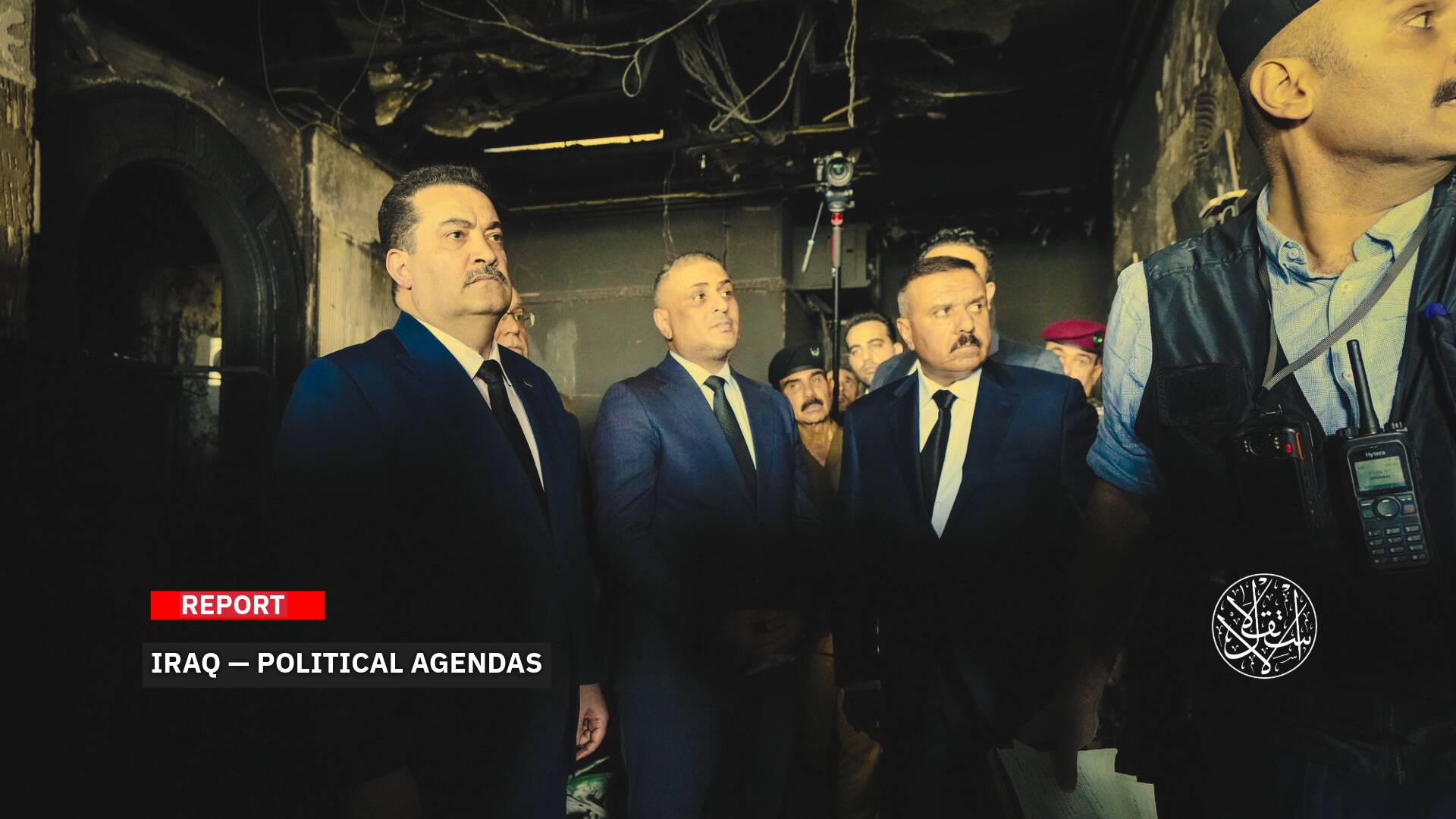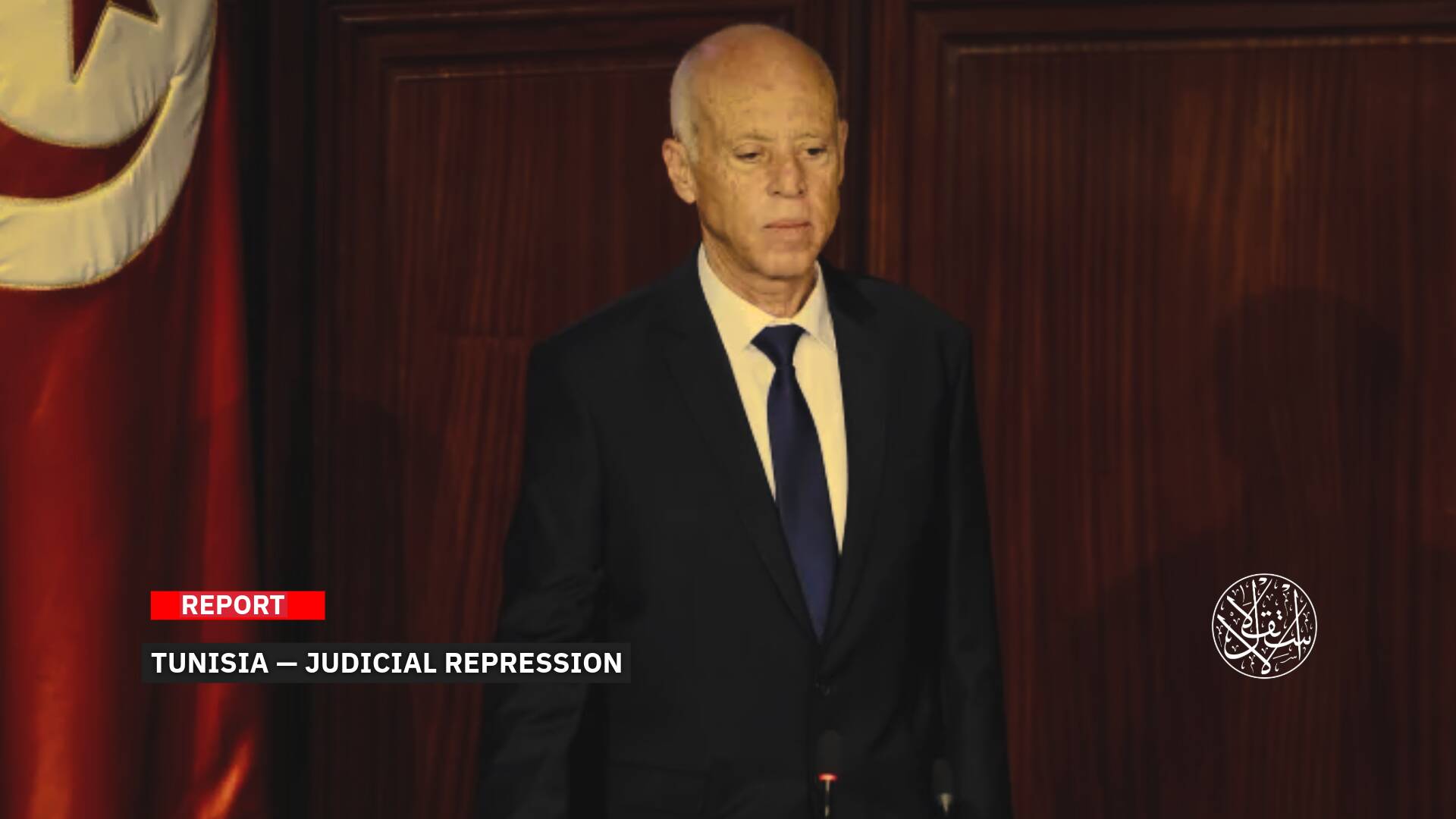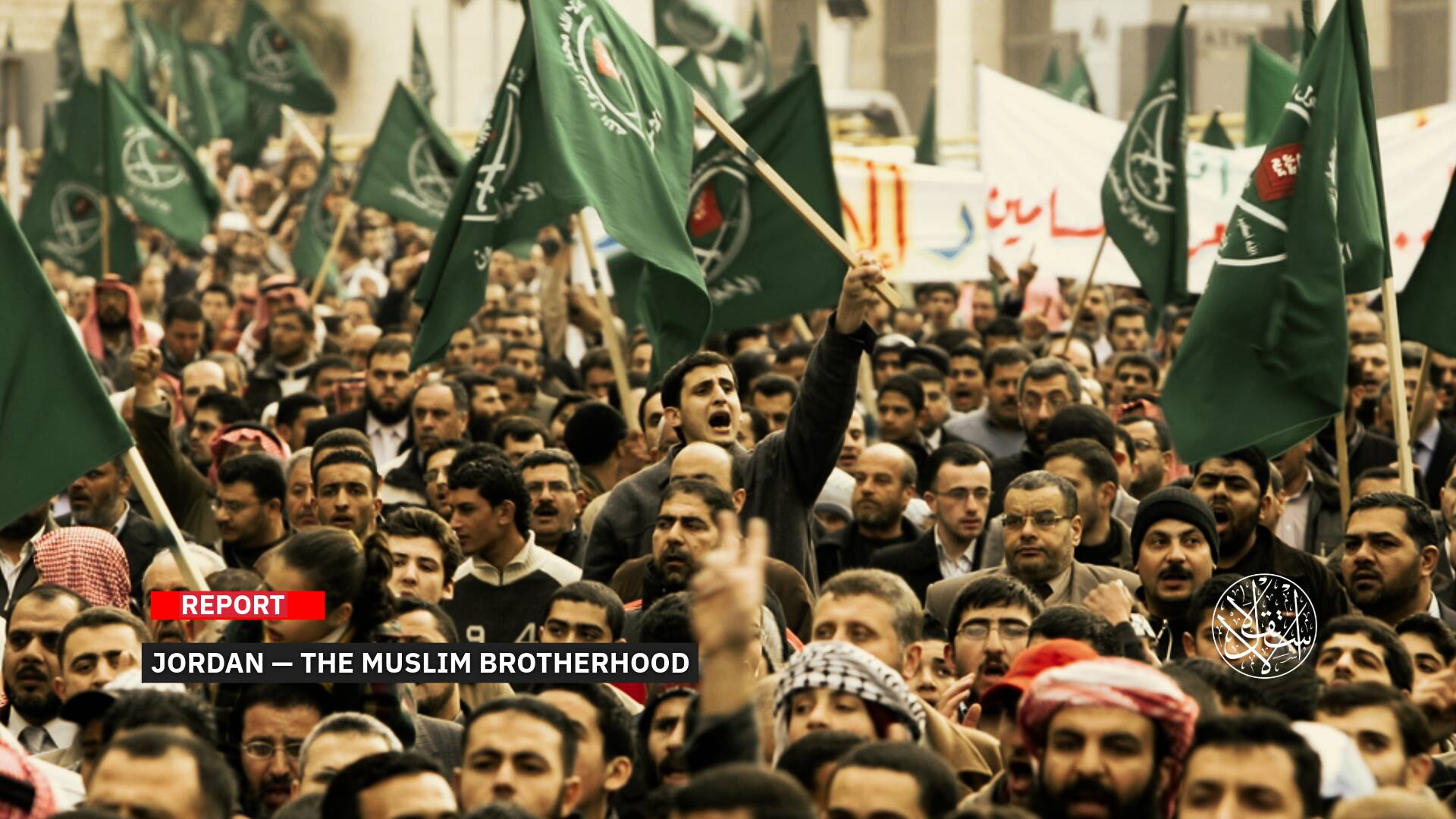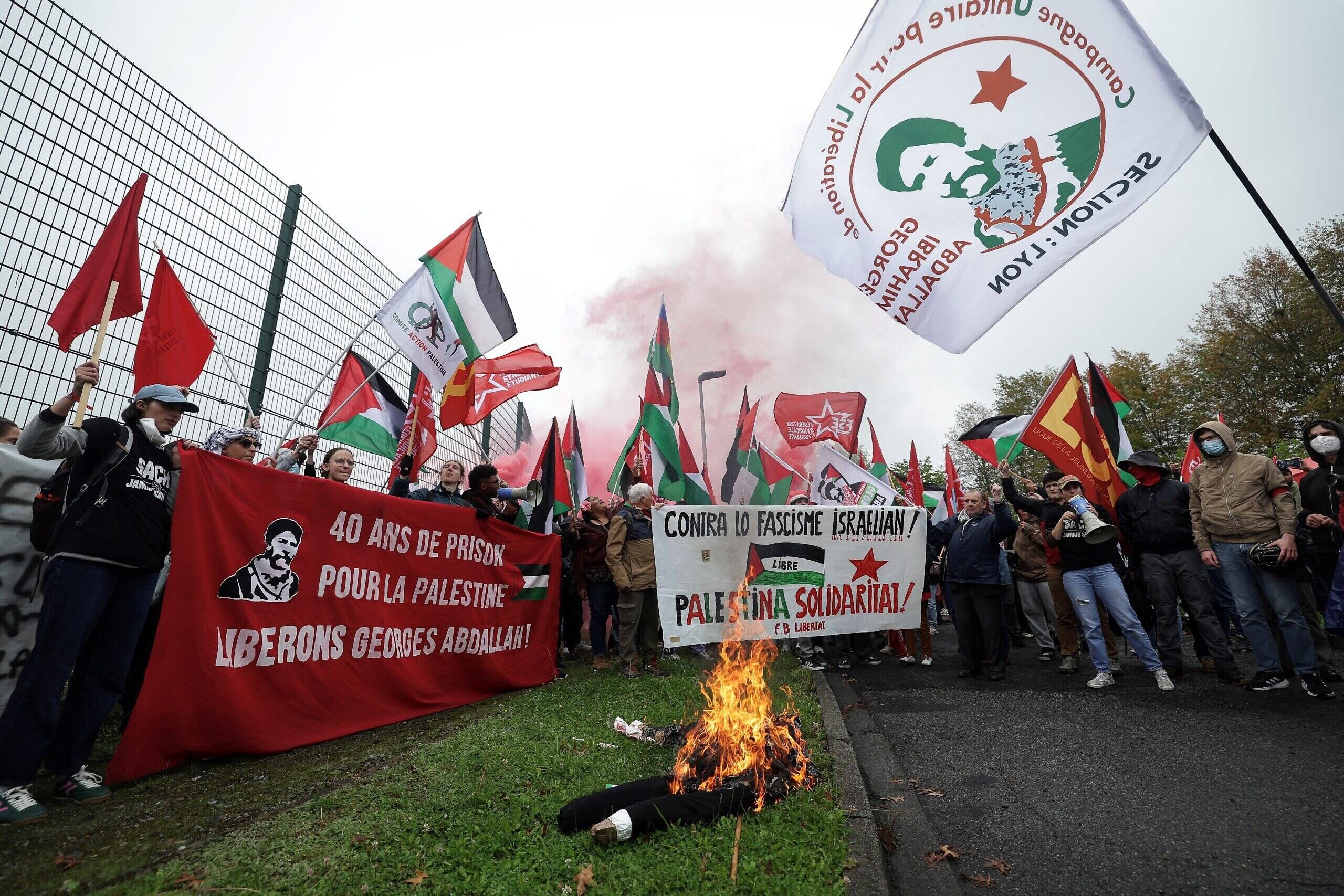Assassination of Ismail Haniyeh in the Heart of Iran's Capital: Breach or Deal?

“Israel” carried out this assassination as a preemptive step to reshape the Middle East.
At the height of Zionist arrogance, with a green light and possibly American involvement, “Israel” assassinated Ismail Haniyeh, the head of Hamas' political bureau, in the heart of the Iranian capital, Tehran, within 24 hours.
Just hours before that, “Israel” killed the prominent military commander of Lebanon's Hezbollah, Fuad Shukr, in an unprecedented airstrike in the southern suburbs of Beirut since Operation al-Aqsa Flood, challenging Iran and its proxies. This appeared to signal the drums of a large-scale regional war that “Israel” seemed to desire.
The question that puzzled everyone immediately after these crimes was: How did the Zionists reach Haniyeh so easily in his bedroom, in what was supposed to be a secret house, under the protection of Iranian intelligence and the Revolutionary Guards?
How did they reach the leader Fuad Shukr, and before him, dozens of Hezbollah leaders so easily, while 15 brigades of the Israeli army and 360,000 soldiers couldn't reach their prisoners or Hamas military leaders in Gaza during ten months of aggression?
The Iranian state, intelligence, and Revolutionary Guards couldn't protect Haniyeh. Was this a breach or a deal?
For these reasons, two theories were proposed:
First, a conspiracy theory doubts Iran's intentions, accusing it of conspiring in Haniyeh's assassination in exchange for some "deal" with the U.S. and the Israeli Occupation, along with Hezbollah, which also failed to protect senior Hamas leader Saleh al-Arouri while he was under its protection in Lebanon.
The second theory absolves Iran and its proxies of collusion but asserts that they are seriously infiltrated, either by Iranian spies recruited by America or “Israel” at the highest levels of intelligence and security, or through superior Western technology.
Is Iran involved?
It is hard to imagine official Iranian involvement in the assassination of Haniyeh, who had been welcomed by Iran numerous times. Nonetheless, various conspiracy theories have circulated suggesting that Iran colluded in his assassination as part of an unknown bilateral or multilateral deal.
These theories focus on the claim that Iran struck a political deal with the United States and “Israel” by killing Haniyeh to ease political and military pressure and to avoid a retaliatory strike from “Israel” on Hezbollah and the Houthis.
The assassination deal supposedly provides a lifeline to Benjamin Netanyahu and his government by declaring victories that “Israel” can leverage as an alternative sustenance, given its failure to achieve a decisive victory in Gaza.
Sheikh Kamal Khatib, Deputy Head of the Islamic Movement in the occupied territories of 1948, supported this theory. He wrote that the assassination of Ismail Haniyeh by Israel at a Revolutionary Guards facility was done with "collusion from influential Iranian elements."
This sentiment was further reinforced by the strange circumstances surrounding the assassinations of Haniyeh and Shukr, as both Iran and Hezbollah remained silent after the incidents, claiming they were unaware of what had happened despite the events occurring right under their noses.
Iran continued to state that it was "investigating" the incident, as if it didn't know what had happened, even though Hamas had announced from the very first moment that Haniyeh was assassinated in Tehran.
Hezbollah, meanwhile, issued ambiguous statements despite “Israel” officially announcing that it had killed Shukr. Initially, Hezbollah claimed Shukr had survived, then stated he was inside the building that “Israel” had bombed, but his fate was unknown until his body was discovered and his death was officially confirmed.
Latifa, Haniyeh's daughter, responded to those accusing Iran of being responsible for her father's death, asserting that Tehran had been "a better support for us than you [the Arabs]," questioning why the Arabs had not welcomed Haniyeh in their countries instead of Iran.
Shocking Breach
Tracking the Israeli assassinations of Iranian scientists and bombings of Iran's nuclear facilities, culminating in the assassination of Ismail Haniyeh, points to an extraordinary security breach in the country.
Every time assassinations or bombings against Iran occurred, security experts and research centers spoke of "weak points" in Iran's security and intelligence system and a "major security breach" that allowed this, especially with the killing of a high-profile leader like Haniyeh.
On July 30, 2024, the New York Times confirmed that Tehran's failure to protect an allied leader in its capital represents a serious security breach for Iran, raising questions about the safety of senior Iranian leaders and the Israeli Occupation’s ability to target them.
Haniyeh met with Supreme Leader Ali Khamenei shortly before his death, and as soon as he went to the secure location that Iran hosted him in, he was assassinated.
Additionally, “Israel” deliberately killed Haniyeh and Shukr on the same day as the inauguration of the new president, Masoud Pezeshkian, which was supposed to be accompanied by heightened security measures, revealing significant weaknesses within the security apparatus.
Regarding this aspect, Farah al-Zaman, a correspondent for Al-Jazeera, stated that Iran usually hosts top leaders of the resistance axis in private residences and does not allow them to frequent known hotels or places. These are civilian places but are owned and supervised by military entities.
She confirmed that these locations are in the north and northeast of Tehran, close to bases and centers affiliated with the Ministry of Defense, directly supervised by the Iranian Revolutionary Guard, meaning that Haniyeh's assassination represents a breach of the Iranian security system.
In a few months, Iran has faced major security setbacks, from the killing of former President Ebrahim Raisi to the assassination of Ismail Haniyeh, revealing an unprecedented level of intelligence penetration.
Gamal Sultan, editor-in-chief of the Egyptian newspaper al-Mesryoon, noted that Haniyeh’s assassination at a location precisely chosen by Iranian intelligence "illustrates the extent to which Iran’s security system has been breached, not only in Damascus but in Tehran itself."
Haniyeh's assassination in Tehran is not the first instance of “Israel” penetrating Iran's security system. There have been five previous assassinations within Iranian territory targeting scientists connected to Iran’s nuclear program.
These operations varied from bombings to shootings, with Tehran explicitly accusing the Israeli Mossad of orchestrating these attacks to hinder its nuclear program.
Over recent years, Iran has also experienced sabotage targeting its infrastructure, including gas lines, power stations, military and industrial sites, and facilities related to its nuclear program.
Notable incidents include the targeting of the Parchin military facility, which develops missiles and drones and works on nuclear technology, and the Kermanshah drone base.
In 2020, the Natanz nuclear facility was attacked, causing significant damage to the centrifuge assembly plant used for uranium enrichment, as documented by satellite images.
In 2021, another sabotage operation targeted the same nuclear facility, damaging centrifuge equipment.
Jordanian researcher Walid Abdel Hay reported that “Israel” assassinated 122 political, military, or scientific leaders between 1970 and 2024 in the Middle East and Europe.
Abdel Hay, in a study published on al-Bosala on July 31, 2024, noted that 13 of those assassinated were nuclear scientists (Iranian, Iraqi, and Egyptian).
In contrast, the number of assassinations of Israeli leaders is limited to three, with the most notable being the killing of Minister Rehavam Ze'evi by the Popular Front for the Liberation of Palestine in 2001. Instances of discovering Israeli cells or intentions are also notably few.
Is the U.S. Involved?
U.S. involvement in Israeli actions is well-documented and openly acknowledged by America. However, there are strong indications in American media that the U.S. itself may have carried out the operation against Haniyeh due to its military complexities, or at least provided the necessary missile.
The motive is America’s desire to spark a conflict with Iran, contrary to its warnings against a comprehensive regional war, driven by its goal to prevent Iran from reaching the nuclear weapon stage, according to an Arab diplomat interviewed by Al-Estiklal.
The diplomat explained that America had clearly warned ten days before the recent escalation that Iran would face a major strike if it neared nuclear weapon production, as indicated by U.S. Secretary of State Antony Blinken.
On July 19, 2024, Blinken stated that Iran was now a week or two away from producing enough materials for nuclear weapons, as it continues to advance its nuclear program, according to CNN.
He added at the Aspen Security Forum that “we are not in a good situation” because Iran, having abandoned the nuclear deal, is now just a week or two away from being able to produce fissile materials for nuclear weapons, rather than being at least a year away from such capability.
Despite this, the Iranian option that concerns the U.S. most is whether Iran will move to produce a nuclear bomb for self-defense, as warned by the New York Times on July 31, 2024.
The report highlighted the most dangerous option: whether Iran will decide to take the final step toward building a real nuclear weapon.
It noted that Iran has been moving towards this goal for decades, producing nuclear fuel and recently enriching it to levels close to a nuclear weapon.
However, U.S. intelligence assessments suggest that Iran has consistently halted its pursuit of a real nuclear weapon, a decision that Iranian leaders have recently reconsidered publicly, according to a previous New York Times report from June 27, 2024.
Further evidence of U.S. involvement includes Blinken’s statement to Singapore’s News Asia (CNA) on July 31, 2024, claiming Washington had no prior knowledge of Haniyeh’s assassination and was not involved in the operation. His comments seemed to suggest that Haniyeh’s killing might facilitate a prisoner exchange deal.
When asked a straightforward question by a reporter, does Iran have the right to defend itself as a sovereign state, just as Israel always claims it does? The U.S. State Department spokesperson was unable to provide a clear answer and seemed indifferent to the possibility of a full-scale war breaking out.
Shocking Breach
Information has leaked suggesting that the missile, likely American, was launched from Azerbaijan, which Tehran has accused multiple times of providing a safe haven for Israeli and Western intelligence. Azerbaijan has close relations with “Israel” and has allowed the use of an airbase near its border with Iran since 2012, according to a March 29, 2012, report by Haaretz.
From this base, a satellite-guided cruise missile was launched, designed to evade Iranian missile defenses and strike Haniyeh's room with great precision—a capability that the U.S. possesses to a greater extent.
An Iranian source told al-Mayadeen, a pro-Hezbollah outlet, on July 31, 2024, that Haniyeh’s killing in Tehran “was carried out by a missile launched from one country to another, not from inside Iran.”
Khalil Hayya, a Hamas leader, stated in a press conference that Haniyeh was killed directly by a missile in the room where he was staying in a government guesthouse, “and we are awaiting a full investigation from the [Iranian] brothers.”
However, The New York Times confirmed later that former Hamas political leader Ismail Haniyeh was killed by an explosive device that was secretly smuggled into his guesthouse in Tehran, and not by an airstrike.
Meanwhile, Iranian authorities have held the United States responsible for Haniyeh’s assassination in Tehran due to its support for “Israel.”
Another sign of U.S. involvement is the official reaction. Unlike previous escalations where Washington quickly expressed concern about the widening conflict and pressured to mitigate Israeli aggression, this time it appeared supportive of the escalation, as if it desired it.
The U.S. responded as though it favored expanding the conflict. A senior Pentagon official confirmed to CNN that the U.S. had decided to send 22 destroyers and warships, including 120,000 Marines, to the region, in addition to aircraft carriers ready to deploy from Cyprus in case of worsening security conditions in the Middle East.
A Pentagon official confirmed to the Washington Post in early August 2024 that the U.S. had deployed 12 warships to the Middle East following the Israeli assassination of Haniyeh and Shukr. This deployment included the USS Theodore Roosevelt aircraft carrier, accompanying warships, and the Wasp amphibious group, an amphibious task force consisting of three ships with over 4,000 Marines and sailors.
The Washington Post reported that American officials are still working to control the situation, and no one wants a regional disaster.
However, Mamoun Fandy, a political science professor based in the U.S., believes that Netanyahu acted against U.S. interests.
He stated on X that Netanyahu, frustrated by what he heard in Washington, sought to drag Iran into a war and carried out the assassinations of Haniyeh and Shukr. Fandy emphasized that the operation did not receive American approval, as “the U.S. is preoccupied with its elections, and Netanyahu aims to pull it into a Middle Eastern war.”
Iran's Options
Following the assassination of Haniyeh in the heart of Iran—distinct from the earlier bombing of its consulate in Damascus and the killing of Revolutionary Guard leaders, which Iran responded to with significant but ineffective retaliation—the Iranian leadership now finds itself in a precarious and unenviable position.
Iran’s response must be proportional to or exceed the scale of the attack, especially as the strikes targeted Tehran and Beirut, and previously Hudaydah in Yemen. This implies that “Israel” anticipates retaliation from Iran, Lebanon, and Yemen, and has already declared that it is bracing for responses from seven fronts, not just three.
In this scenario, the size and strength of Iran’s response will determine the nature of deterrence. Will Iran succeed in restoring the deterrence that “Israel” has overcome multiple times? Or will the response be ineffective, merely demonstrating the presence of deterrence without making an impact?
Alternatively, Iran could adopt a stance similar to its reaction after the assassination of Qassem Soleimani. This would involve instructing its proxies in Iraq, Lebanon, and Yemen to carry out simultaneous attacks against symbolic Israeli targets, inflated for face-saving purposes, which would consolidate the theory of Israeli supremacy.
Since Israeli Occupation’s acknowledgment of responsibility for Haniyeh’s assassination would typically be grounds for declaring war, Tel Aviv has not officially and directly announced this. Instead, Israeli leaders have merely welcomed his death, with Netanyahu stating that “Israel” delivered "crushing blows to Iran's proxies" without mentioning Haniyeh by name.
However, Iran has officially accused “Israel” of carrying out the bombing in Tehran and assassinating Haniyeh, leaving it with two options: to either declare war on “Israel”—an unlikely scenario given it would involve ongoing conflict with U.S. participation—or to conduct a similar operation targeting Israeli leaders in Tel Aviv or executing random strikes aimed at restoring deterrence.
“This attack was a huge slap in the face for Iran’s status in the region,” Ali Akbar Behmanesh, a prominent politician and a leader of Mr. Pezeshkian’s campaign, said in an interview with The New York Times.
“It humiliated our country and undermined our entire security apparatus, showed that we have serious holes in intelligence.”
According to Amos Harel, a military analyst for Haaretz, Iran will face difficulty in not responding to an assassination that occurred on its own soil.
He noted that both Iran and Hezbollah have so far attempted to keep the conflict with “Israel” within the bounds of a comprehensive war.
Supreme Leader Ali Khamenei vowed to avenge Haniyeh’s death, stating, "You have killed our dear guest in our home, and now you have paved the way for your severe punishment."
The New York Times reported from three informed Iranian officials that Khamenei ordered a direct strike against “Israel” in response to Haniyeh's assassination in Tehran. The three officials, including two members of the Revolutionary Guard, stated that Khamenei issued the order in an emergency meeting of the Iranian Supreme National Security Council shortly after Iran announced Haniyeh's death.
Other Iranian officials, including the new President Masoud Pezeshkian, the Ministry of Foreign Affairs, the Revolutionary Guard, and Iran’s UN mission, have explicitly stated that Iran will retaliate against “Israel” and has the right to defend itself against any violation of its sovereignty.
Notably, Khamenei did not declare war on “Israel,” nor did he specify the nature of the response, merely calling for "striking Israel." This suggests the response may resemble the April 2024 strike, which “Israel” also responded to symbolically.
However, the New York Times reported that Khamenei instructed the Revolutionary Guard and the military to prepare plans for attack and defense if the war expands, noting that Iran will avoid targeting civilian sites in any attack on “Israel.”
Why a Comprehensive War?
“Israel” has, unusually, demonstrated a challenge to the Arabs and the Iranian axis by announcing its readiness for a comprehensive war. It has declared a state of emergency and stated that it expects a war on seven fronts, indicating preparations with the U.S. for such a war if it occurs during Netanyahu's visit to America.
Channel 12 reported on July 31 that "Israel informed Lebanon and Iran through diplomatic channels that it is prepared for a comprehensive war."
Israeli analyst Amos Harel stated in Haaretz in early August 2024 that “Israel” is willing to take risks to break the cycle of attrition against Iran and its proxies, despite needing to prepare for a comprehensive outbreak following the killing of Hamas and Hezbollah leaders.
By assassinating Haniyeh, “Israel” has effectively derailed any negotiation process regarding prisoner and hostage exchanges and has shown disregard for any deals.
"The practice of political assassinations raises serious questions about how mediation can succeed when one party is killing the negotiator of the other side," Qatari Prime Minister Mohammed bin Abdulrahman al-Thani stated.
Journalist Abdalqader Fayez, specializing in Iranian affairs, explains that Israeli readiness for a comprehensive war reflects its struggle since October 7 to uphold its strategic and regional deterrence concept.
Conversely, there has been a "cumulative increase in the Iranian strategic deterrence concept as a regional power leading the resistance axis."
Fayez believes that the assassination of Haniyeh in Tehran and Shukr in southern Beirut "brings the situation back to square one, delivering a devastating blow to the strategic deterrence concept of the axis, and a significant restoration of Israel's strategic deterrence."
Thus, Iran, Hezbollah, Hamas, and the rest of the resistance axis must make a balanced decision: whether to defend and respond in a way that maintains the strategic gains, or to relinquish these gains and respond in a manner that restores previous rules of engagement, which were seen as red lines for Israeli strategic deterrence but should not be crossed under any circumstances.
Fayez notes that “Israel” intentionally killed Haniyeh in Iran knowing that Iran could not remain silent about an assassination on its soil, leaving Iran with no option but to take clear action.
He suggests that “Israel” carried out this assassination as a "preemptive step to reshape the Middle East and present this to the incoming U.S. president as a fait accompli dictated by Israeli interests."
The aim of Netanyahu, according to Fayez, is to force Iran into a binary choice: “either enter into an open and comprehensive war leading to a direct conflict between Iran and the U.S., or retreat and accept Israeli terms as the final determinants for the entire Middle East.”
Political analyst and Syrian opposition leader Ahmed Ramadan asserts that "Iran has become a vulnerable flank, contrary to what is often promoted. It has weakened Gaza throughout most of the confrontation by imposing limits on its actions."
He emphasizes that this is “what Netanyahu has realized. He is now threatening a comprehensive war [which Iran does not desire]. Thus, Netanyahu's belligerence is serving his interests and harming Gaza, as the scope of any response will only result in skirmishes that fall short of effective deterrence.”
Previously, “Israel” targeted Iran's consulate in Syria, an act of war that contravenes United Nations treaties because the struck location is a diplomatic mission. “Israel” also assassinated Saleh al-Arouri in Lebanon while he was under the protection of Hezbollah. Both of these acts did not provoke a strong response from either Iran or Hezbollah.
Sources
- Iran’s Options for Retaliation Risk Escalating Middle East Crisis
- https://www.nytimes.com/2024/07/31/us/politics/iran-retaliation-risk-middle-east.html
- Blinken says Iran’s nuclear weapon breakout time is probably down to 1-2 weeks
- Analysis | Israel Takes High Risks to Disrupt Iran and Its Proxies, Edging Closer to Regional War
- From Haniyeh to Shukr - without flattery [Arabic]


